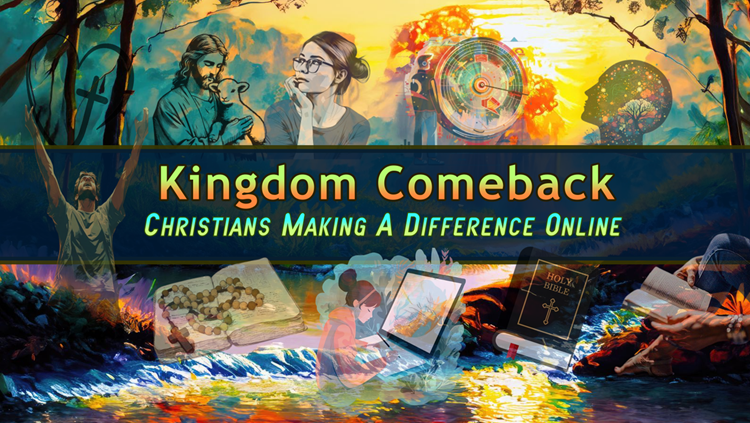
The world has faced unprecedented challenges recently, from global pandemics and economic instability to social unrest and divisive crises. These events have taken a toll on mental health, making it essential to explore effective coping strategies. Coping mechanisms help individuals manage stress, navigate adversity, and promote well-being. This article will delve into the importance of coping strategies, their types, and practical ways to implement them during these trying times.
Understanding Coping Strategies
Coping strategies refer to individuals’ techniques for managing stress and adversity. There are two main types: problem-focused and emotion-focused coping.
- Problem-Focused Coping: This involves tackling the source of stress directly. For instance, if job loss is the issue, this might include updating a resume, networking, or seeking new employment opportunities. This type of coping is proactive and aims to eliminate or reduce the stressor.
- Emotion-Focused Coping: This strategy is about managing the emotional stress response rather than addressing the problem. It includes techniques such as mindfulness, seeking social support, or engaging in activities that promote relaxation and joy.
Both types of coping are crucial and can be used in tandem. The choice of strategy often depends on the situation, individual preferences, and available resources.

The Importance of Coping Strategies
- Promoting Mental Health: In times of crisis, mental health challenges can escalate. Coping strategies can help mitigate anxiety, depression, and other mental health issues by providing individuals with tools to manage their emotions and reactions.
- Building Resilience: Resilience is the ability to bounce back from adversity. Effective coping strategies foster resilience by equipping individuals with skills to face challenges and recover from setbacks.
- Enhancing Problem-Solving Skills: Problem-focused coping encourages individuals to think critically and creatively about solutions, improving their ability to handle future difficulties.
- Fostering Social Connections: Many coping strategies involve seeking support from friends, family, or community. This fosters social connections, which are vital for emotional well-being and can buffer against stress.
- Encouraging Self-Care: Coping strategies often include elements of self-care, such as exercise, healthy eating, and relaxation techniques. These practices not only reduce stress but also contribute to overall health.

Effective Coping Strategies
1. Contemplative Meditation
Meditation on prayer or scripture involves being present at the moment and accepting one’s thoughts and feelings without judgment. It can significantly reduce stress and improve emotional regulation. Techniques such as deep breathing, contemplative prayer, and body scans can help individuals focus on the present and alleviate anxiety.
How to Implement: Start with just a few minutes a day. Use apps or online resources to guide your practice, gradually increasing the duration as you become more comfortable.
2. Physical Activity
Exercise is a powerful coping mechanism. It releases endorphins, which improve mood and reduce stress. Whether it’s a brisk walk, yoga, or a high-intensity workout, finding a physical activity you enjoy can make it easier to incorporate into your routine.
How to Implement: Set realistic goals, such as a 30-minute walk three times a week. Find a workout buddy or join a class for added motivation and accountability.

3. Social Support
Connecting with others is crucial during challenging times. Sharing experiences and emotions can provide comfort and validation. Social support can come from friends, family, support groups, churches, or online communities.
How to Implement: Reach out to someone you trust to discuss your feelings. Consider joining a support group or participating in community activities that align with your interests.
4. Journaling
Writing about thoughts and feelings can be a powerful way to process emotions. Journaling can help clarify thoughts, reduce anxiety, and promote self-reflection.

How to Implement: Set aside a few minutes each day to write about your experiences, feelings, or things you are grateful for. This can help shift your perspective and provide clarity.
5. Creative Outlets
Engaging in creative activities such as painting, music, or crafting can provide an emotional release and distract from stress. Creativity allows for self-expression and can lead to a sense of accomplishment.
How to Implement: Explore different mediums to find what resonates with you. Set aside time each week to engage in a creative hobby, regardless of skill level.
6. Time Management
Stress can often stem from feeling overwhelmed by responsibilities. Effective time management can alleviate this pressure, helping individuals prioritize tasks and set achievable goals.
How to Implement: Use tools like planners or digital calendars to organize tasks. Break larger projects into smaller, manageable steps, and be sure to include breaks to avoid burnout.
7. Healthy Lifestyle Choices
Maintaining a balanced diet, getting enough sleep, and avoiding excessive alcohol and caffeine can significantly impact mental health. These lifestyle choices contribute to overall well-being and resilience.
How to Implement: Focus on gradual changes, such as incorporating more fruits and vegetables into meals or establishing a consistent sleep schedule.

Tailoring Coping Strategies to Individual Needs
It’s essential to recognize that coping strategies are not one-size-fits-all. When selecting strategies, individuals should consider their unique circumstances, preferences, and challenges. Here are some tips for tailoring coping mechanisms:
- Self-Awareness: Reflect on your emotional responses and stressors. Understanding what triggers stress can help identify effective coping strategies.

- Experimentation: Try different strategies to see what works best for you. This might involve combining techniques or adjusting the frequency and duration of practices.
- Flexibility: Be open to changing your coping strategies as circumstances evolve. What works today may not be effective tomorrow, and that’s okay.
- Seek Professional Help: If stress overwhelms you, consider contacting a mental health professional. Therapy can provide additional tools and support tailored to individual needs.
Conclusion
Coping strategies are vital in maintaining mental health and resilience in these trying times. By understanding the different coping mechanisms and how to implement them effectively, individuals can better navigate stress and adversity. Finding the right coping strategies can empower individuals to face challenges head-on and emerge stronger through mindfulness, physical activity, social connections, or creative outlets. As we continue to navigate a complex world, prioritizing mental health and employing effective coping mechanisms will be essential for our well-being and communities.
CLAIM YOUR FREE BOOKS & COURSES!


